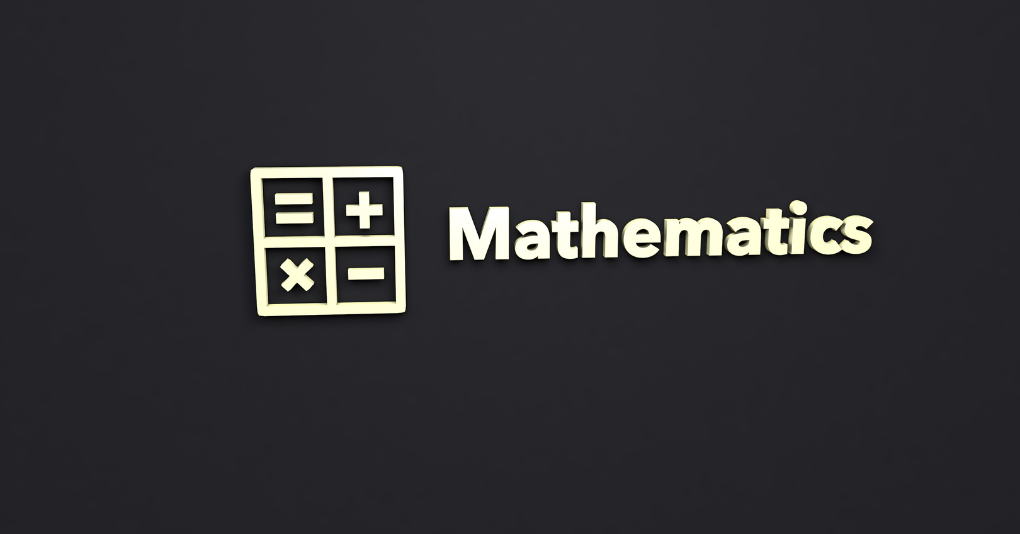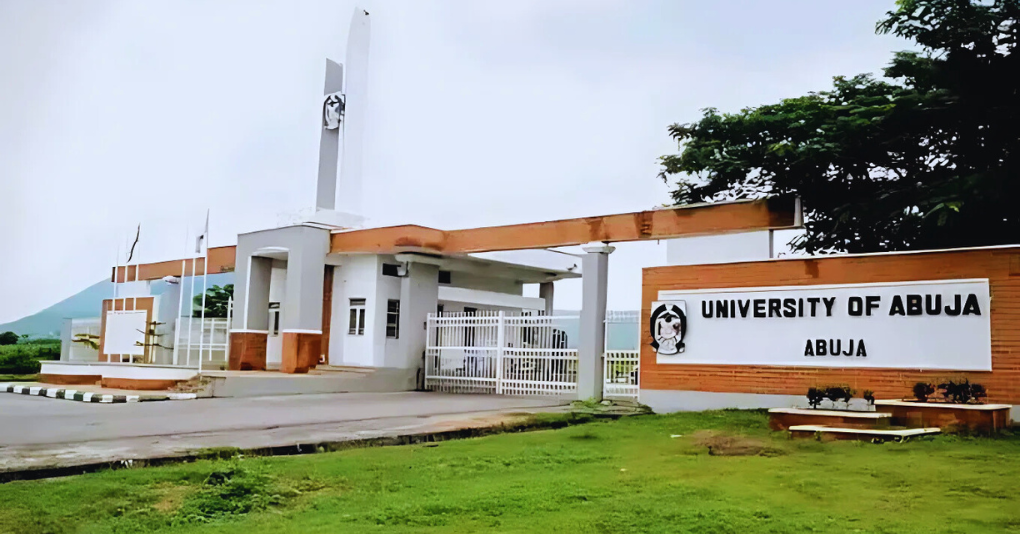The Nigerian Mathematical Society (NMS) has warned that the removal of mathematics as a core subject from the school curriculum may have far-reaching implications on the national development of the nation as well as on individual competence.
The Society further warned that inconsistency in educational policy, where mathematics is compulsory for six years in secondary schools, only to be rendered unnecessary for university admission, creates policy inconsistency.
But it also observed that some of the implications of not making mathematics a compulsory requirement for admission include churning out students who develop a dismissive attitude toward Mathematics and may probably carry the mindset into adulthood, among other tendencies.
Therefore, the NMS has appealed to the Federal Government (FG) and the Federal Ministry of Education to ensure that mathematics remains a compulsory requirement for admission into Nigerian universities and other tertiary institutions, even for students pursuing courses in the Arts and Humanities.
Appealing at a press conference held in Makurdi last weekend, Prof. Godwin Mbah, President, NMS, argued that the role of mathematics in education promotes analytical reasoning, precision, and the ability to solve problems systematically, and should not be jettisoned, no matter what.
He made this known in a text titled “Mathematics as a compulsory admission requirement into Nigerian Universities and other tertiary levels for students of Arts and Humanities: An appeal for a rethink of this Policy.”
While the President of the Society argued further that mathematics has remained a cornerstone of intellectual base for all disciplines, including Arts and Humanities, he noted that the subject helps in “critical thinking, decision-making, and creativity.”
Prof Mbah said, “The NMS received with sadness the news of Mathematics no longer being a compulsory admission requirement into Nigerian universities and other tertiary levels of education, with huge grief. It is instructive to note that Mathematics is a universal language of reasoning and has remained a cornerstone of the intellectual base for all disciplines, including the Arts and Humanities.
“Though it is often perceived as a tool for science and technology but its importance extends across all spheres of human endeavor, including the arts and humanities. In today’s interconnected world, the knowledge of mathematics helps in critical thinking, decision-making, and creativity. These are qualities vital to all disciplines.
“Mathematics remains one of the foundational subjects in the Nigerian educational curriculum, reflecting its importance in cognitive development, problem-solving, and logical reasoning. From JSS 1 through SS 3, all students are required to study Mathematics as a core subject.
“However, if mathematics is not made compulsory for Arts and Humanities students, it will make the students lose interest in the subject. In as much as this proposal may appear to reduce academic pressure on students, it has far-reaching implications for national development and individual competence.
“Hence, the NMS places an appeal/advocate for the continued inclusion of mathematics as a compulsory requirement for admission into Nigerian universities and other tertiary levels of education, even for students pursuing courses in the arts and humanities.”
Driving home this argument, he explained that “The Role of Mathematics in Education is more than a subject. In fact, it is a mode of thinking, promotes analytical reasoning, precision and the ability to solve problems systematically.
“In the Arts and Humanities, where creativity and interpretation dominate, mathematical thinking supports structure, clarity, and logical coherence. Disciplines such as Economics, Geography, Linguistics, and Philosophy draw upon quantitative and logical reasoning, making Mathematics a silent but powerful enabler across academic fields.”
Moreover, he pointed out that, “If Mathematics ceases to be a compulsory admission requirement into Nigerian universities and other tertiary levels in Nigeria, especially for Arts and Humanities students, the attitudes of learners in secondary school would likely shift in ways that could undermine the purpose of early Mathematics education and basic foundation.”
Among some of the likely attitudes that learners would put up with when mathematics is no longer a compulsory admission requirement, would be a decline in Motivation and Interest; an increase in negative attitudes and fear; poor performance and widening learning gaps; and disrespect for Teachers and the subject.
Others are early subject neglect from JSS; reduced critical thinking across disciplines; long-term psychological impact; students who develop a dismissive attitude toward Mathematics may carry this mindset into adulthood.
Summarily, he further warned that “Teaching Mathematics compulsorily for six years in secondary school only to render it unnecessary for university admission creates policy inconsistency.
“Modern education promotes interdisciplinary knowledge. Fields like Digital Humanities, Media Studies, and Political Science now rely heavily on statistical and computational methods. Excluding Mathematics from admission requirements for Arts and Humanities restricts students’ ability to engage in such emerging academic intersections.
“The larger national implications of this Policy are economic and technological stagnation, and breeding a generation of graduates with poor quantitative reasoning skills can hinder national progress in innovation and data-driven policymaking. Nations that thrive economically integrate mathematical literacy across all disciplines.
“Excluding Mathematics as a compulsory admission requirement into Nigerian universities and other tertiary levels for Arts and Humanities students may appear student-friendly, but it undermines the intellectual and professional competence of future graduates”, he insisted.
Share this post





Be the first to comment on this post